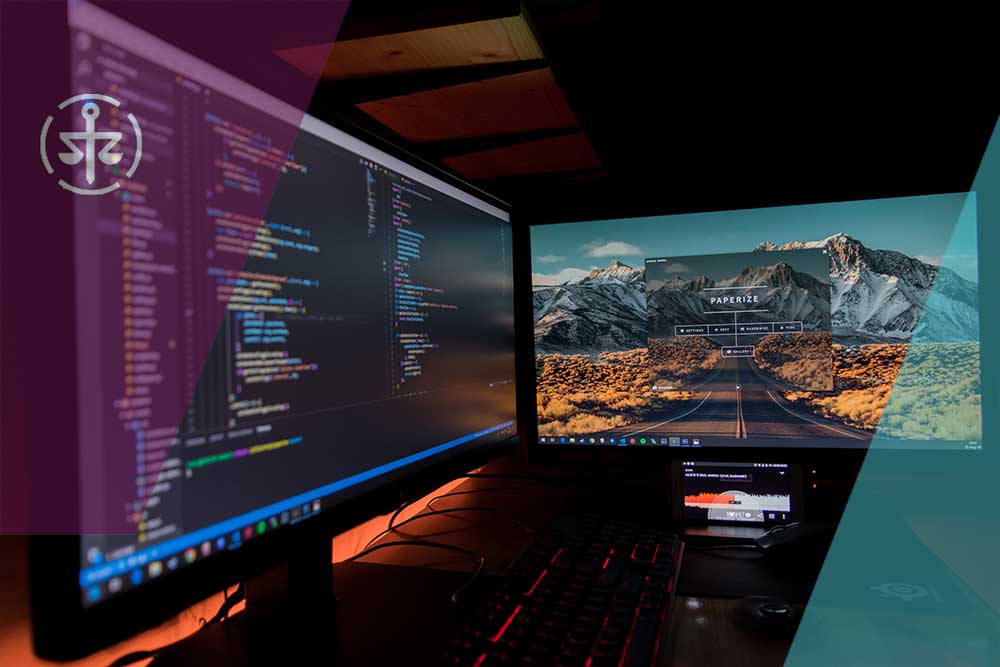Software Licensing: How does it affect my business?
Most of us use business or commercial software on a daily basis in our jobs.
At Cunningtons, for instance, we use a commercial case management software package. Other businesses such as architects and engineers might use AutoCAD and 3DS Max from Autodesk, graphic artists and publishers may use Adobe’s Photoshop, while video producers and other “content creators” may use Adobe’s After Effects. Professional musicians might use Cubase, Logic Pro, or Pro Tools.
All these commercial software packages are used subject to End User Licence Agreements (EULAs) which set out the terms under which one can and cannot use the software.
How licenced software is monetised – and policed
Professional and commercial-grade software can also be very expensive, especially to smaller and medium-sized businesses, and the movement over in the industry to subscription-based or “software as a service” models may not be helping with this perception.
This, regrettably, leads to a market for less scrupulous businesses to obtain their software “under the table” or even by making illicit copies of properly licenced commercial software.
Software publishers respond to this by robustly policing their intellectual property.
While larger organisations often have bespoke licence agreements with developers and publishers which will include support services tailored to their organisation’s needs, the licencing of software to SMEs is often policed by other bodies or trade groups.
Such trade groups will normally maintain a database of those individuals and organisations that are licenced to own and use copies of their members’ software.
Software companies strive to collect information on copyright infringement
However, sometimes their database is not always up-to-date, and their tactics and methods can sometimes be considered oppressive or questionable.
For example, advertisements on social media, promising rewards for informants relating to improperly licenced software within a business or organisation can lead to knee-jerk reactions. Targeting by disgruntled employees might occur, with the use of the testimony of such informants, combined with their database of licensees for software, to threaten legal proceedings against businesses for infringement of copyright or breach of licence agreement.
I’ve been accused of copyright infringement – what can I do?
But not all threatened proceedings are meritorious; given the often active solicitation of informants and the fact that databases might not always be up-to-date, circumstances of false positives can arise.
More often than not, an invitation to adhere to an audit process is little more than an effort to browbeat SMEs into incriminating themselves or admitting to technical breaches of licence which, while they have not incurred the software publishers any loss, can be used to then cajole SMEs into disadvantageous Court settlements.
Contact our Litigation team for an appraisal
If you are a small to medium-sized business who has been threatened with proceedings for copyright infringement over software licencing but you do not believe you have made infringing copies, we can help you.
Contact Cunningtons’ Litigation team on 01376 326868 for a confidential discussion.

